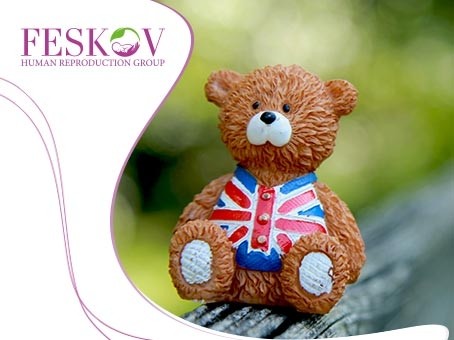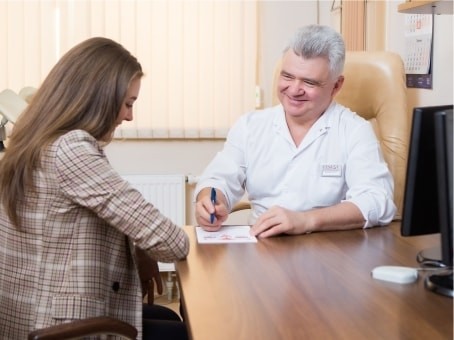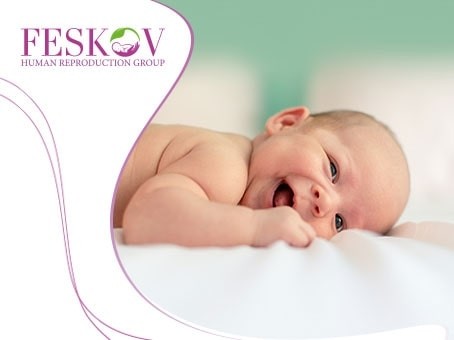The desire to become a father and mother is international. This is why surrogate motherhood, as the final hope of happiness, is becoming an international phenomenon. Among English families who are unable to have a baby by natural means, this type of reproductive technology is attracting increasing interest. However, in the UK, there are many challenges along the way. That is why British couples choose to travel to other, loyal countries to get their babies.
Feskov Human Reproduction Group, Ukraine, guarantees the successful outcome of any surrogacy program for patients of all nationalities from all over the world.

What you should know about international surrogate motherhood
Future parents who go to other countries for their baby should take into account that the surrogate agreement must comply not only with the legal regulations of the country of birth, but also with those of England.
In jurisdictions regulated by law on this issue, the surrogate name will not appear on the birth certificate. However, this is irrelevant to the British surrogate law, which states that the surrogate mother and her husband or partner are the parents of the infant. As long as potential parents do not receive the Parental Responsibility Ordinance. And all contracts concluded with a surrogate are not intended for enforcement or contestation in court.
When a family with a child returns to their home country, there may also be difficulties in obtaining UK citizenship.

Nuances of acquiring British citizenship by a surrogate baby
A baby delivered by a surrogate becomes a British citizen only under the following conditions:
- The surrogate mother is unmarried.
- The presumed father is genetically related to the baby.
- The father has the legal right to transfer his citizenship.
If these requirements are met, you simply apply for a passport.
In other cases, there are two ways to become full-fledged parents of a surrogate child:
-
- Submitting an application for a Parental Responsibility Ordinance. This must be done within six months from the child’s birth date. In order to obtain it, one or both parents must be genetically related to the child and be citizens/residents of the UK.
- Adoption. This pathway is used when there is no genetic connection between the child and potential parents. To do this, the adoptive parents must also be citizens or live in the UK.
The following factors determine the manner in which the prospective father and mother will proceed in acquiring citizenship:
-
-
- whether the surrogate mother is married or unmarried;
- the relationship of the alleged father and mother to the newborn;
- immigration status of applicants (citizens, permanent residence, visa type);
- whether the child has the citizenship of the State of origin;
- the legality of this method in the country of birth;
- the chances of obtaining the Parental Responsibility Ordinance in England;
- a court decision recognizing the couple as legal parents;
- family relations (same-sex, heterosexual);
- the parents’ place of residence and financial possibilities;
- the child’s place of permanent residence, etc.
-

All the above is a brief general guide to obtaining rights to a child and obtaining a British passport. Prior planning of the event is therefore mandatory.
Feskov Human Reproduction Group offers a variety of guaranteed surrogate motherhood programs at a fixed price with no extra charge. The clinic’s experienced legal team will always advise you on the situation in the jurisdiction you are interested in, help you prepare the necessary papers, and represent your interests in court or at the consulate. Throughout the whole cooperation, the lawyers will help to regulate legal tasks that are in the way, and after the baby is born, they will carry out the legalization process in compliance with the laws of the UK or any other state.
